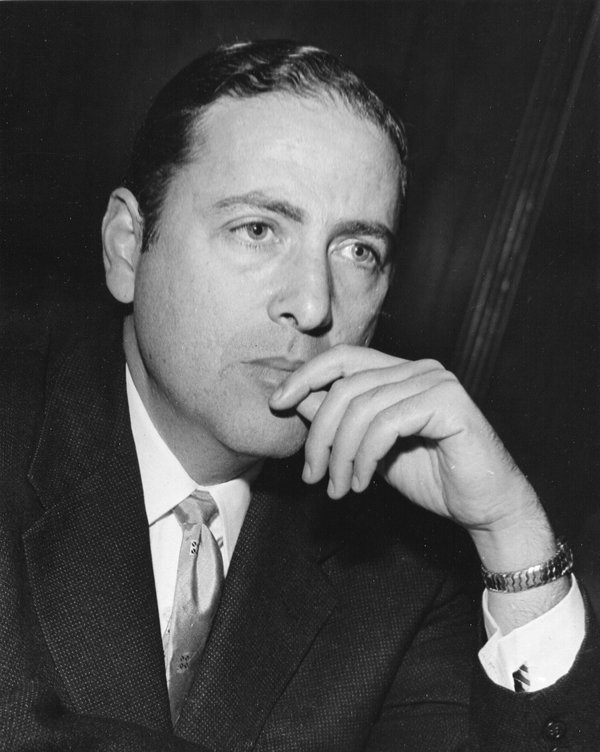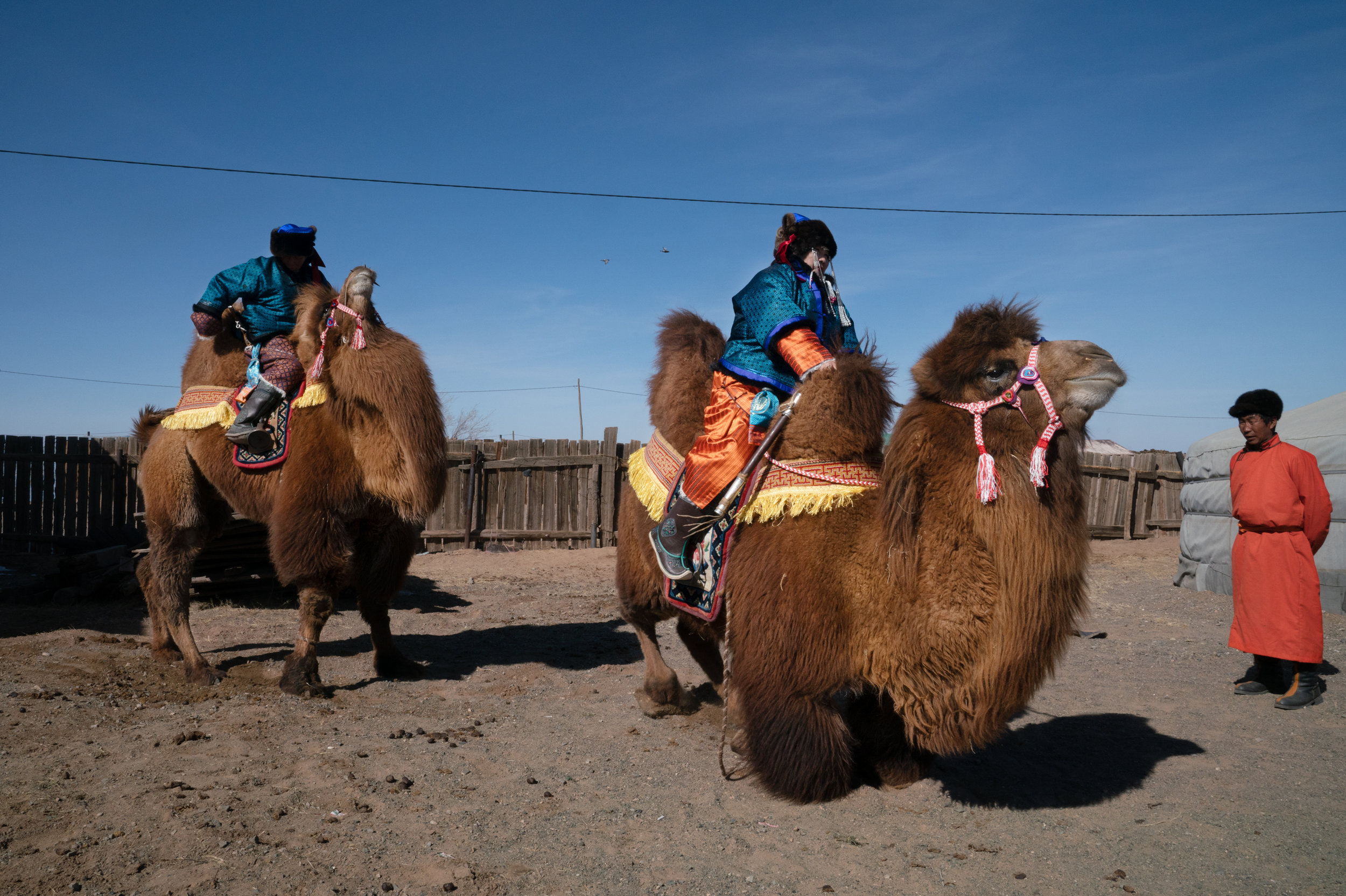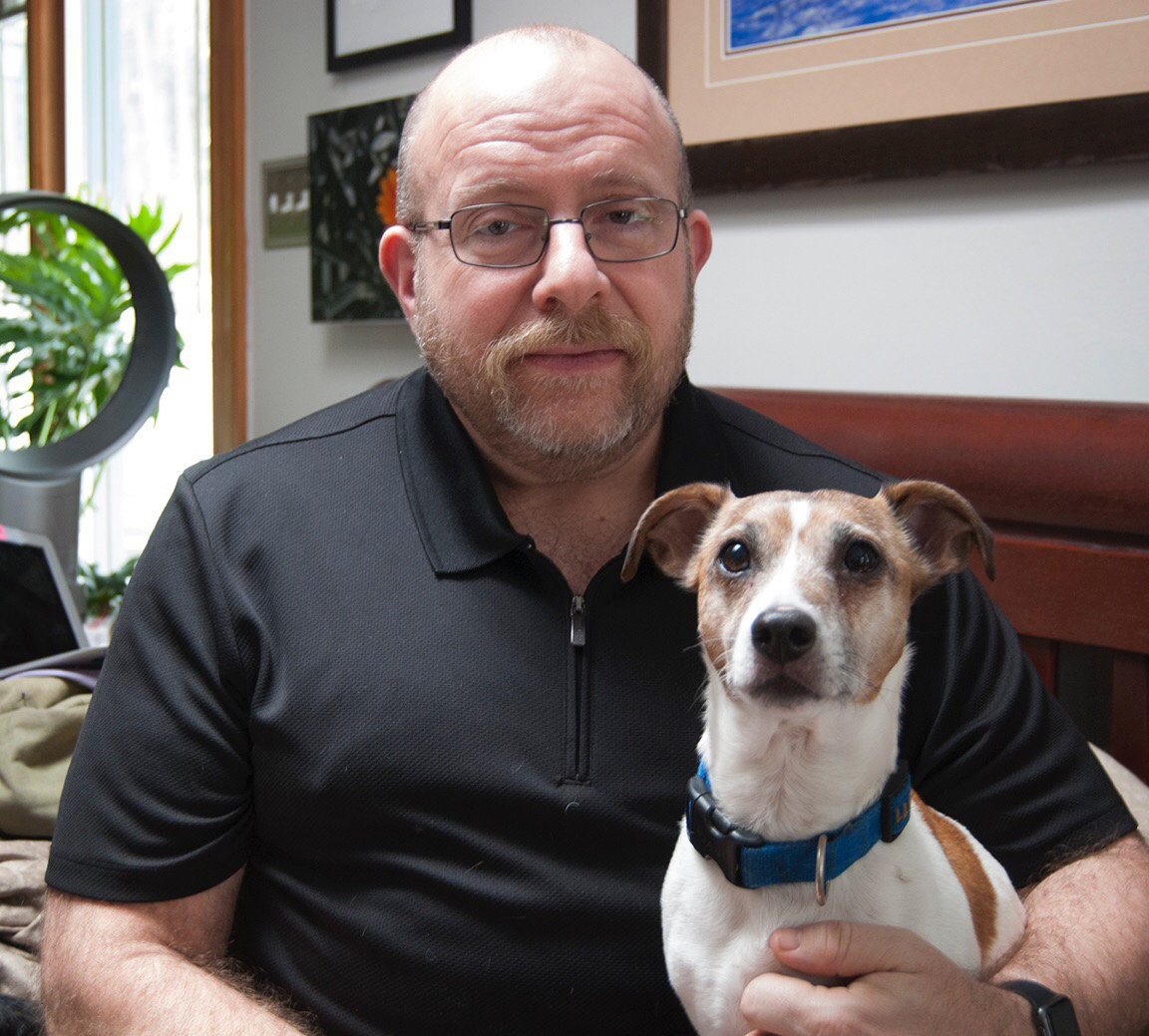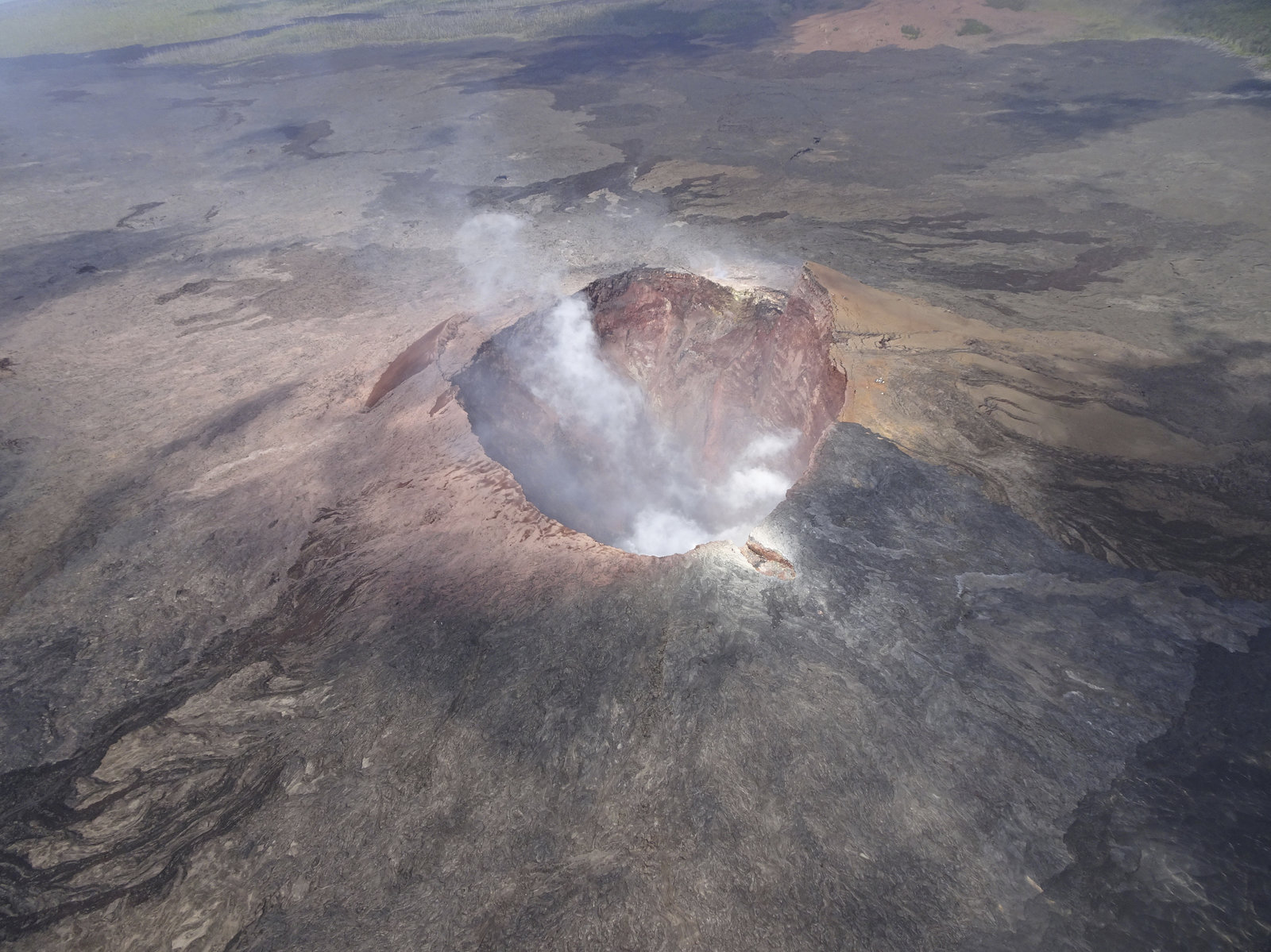 Sunday, May 19, 2019 at 12:17PM
Sunday, May 19, 2019 at 12:17PM Billion-Dollar Gamble: How A 'Singular Hero' Helped Start A New Field In Physics
"Imagine spending 40 years and more than a billion dollars on a gamble."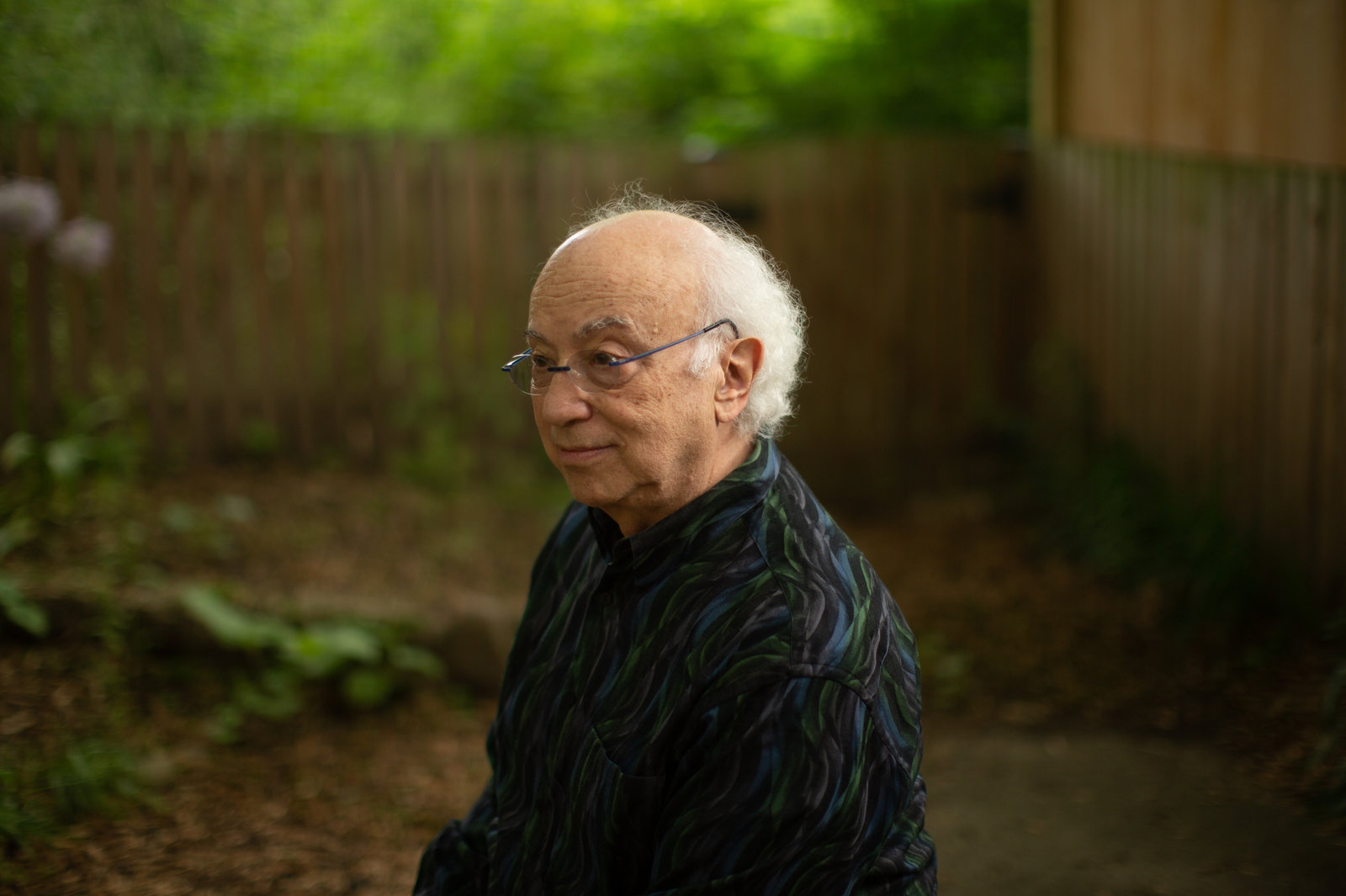
"That's what one U.S. government science agency did. It's now paying off big time, with new discoveries about black holes and exotic neutron stars coming almost every week."
"And while three physicists shared the Nobel Prize for the work that made this possible, one of them says the real hero is a former National Science Foundation staffer named Rich Isaacson, who saw a chance to cultivate some stunning research and grabbed it."
"'The thing that Rich Isaacson did was such a miracle,' says Rainer Weiss, a physicist at the Massachusetts Institute of Technology and one of the 2017 Nobel laureates. 'I think he's the hero. He's a singular hero. We just don't have a good way of recognizing people like that. Rich was in a singular place fighting a singular war that nobody else could have fought.'"
"Without him, Weiss says, "we would've been killed dead on virtually every topic." He and his fellow laureate Kip Thorne recently donated money to create a brand-new American Physical Society award in Isaacson's honor."

